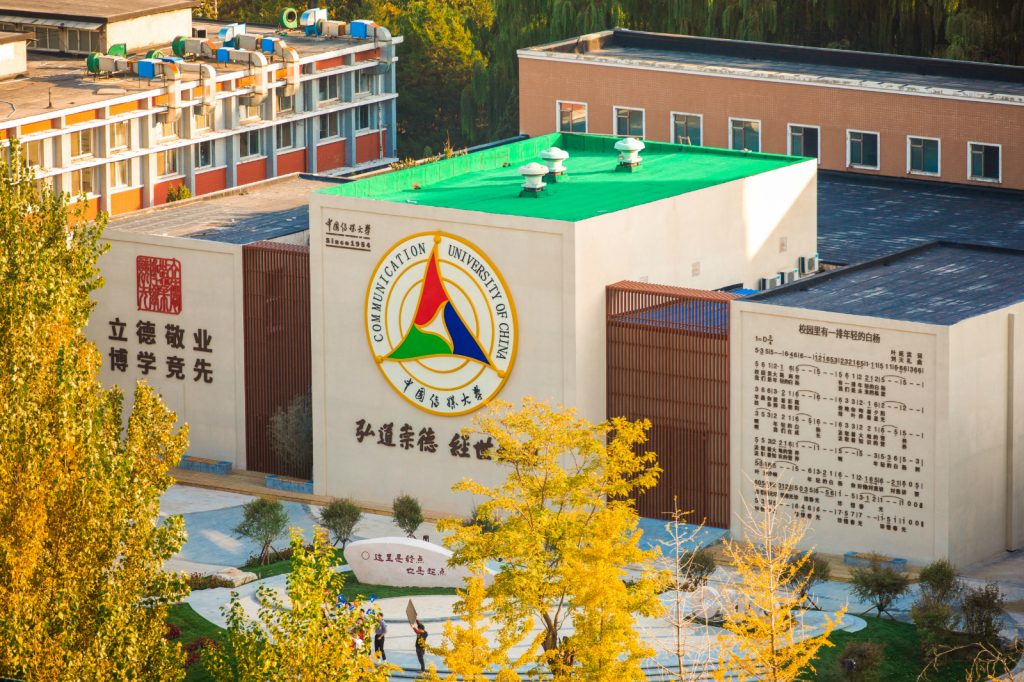Winston Mano talks to Chinese University about Alternative Cross-Cultural Communication

The coming together of people from differing cultural backgrounds has increased due to today’s heightened mobility of individuals, especially driven by travel for educational, social, economic and political reasons. It is also due to coloniality, slavery and other historical processes. What is at stake is not just how cultures within and between countries are learning to co-exist due to different values but also an unprecedented mediation in ways that both unite and cause friction. While there are positive experiences of cross-cultural communication encounters, we have also seen failures resulting in racism, prejudices, hatred and othering, with protests or borders inexplicably closed to Others. Cross cultural communication, including its simulations in modern digital communications, has therefore been a source of conflict and misunderstandings as much as it has sponsored new understandings. China has new encounters with other cultures at home and abroad.
In his address to students and staff in the School of Humanities at the Communication University of China, Mano approached cross cultural communication from an alternative perspective, using an “Afrokological heuristic tool” to emphasize the need to recognize our incompleteness as humans. No culture is complete, cultures are all in the process of becoming, rendering invalid any claims of superiority. Mano pointed out that cultures, however they are defined, are always in the making interconnectedly, dependent on each other. Recognizing this is a strength rather than a weakness. It can allow room for humility, collaboration and the adoption of more humane ethics and moral orders in the way we interact with others. Barriers to cross cultural communication include attitudes that perceive one’s culture as the “best”. Poor cross cultural communication results in ignorance and insensitivity. Respecting and paying more attention to others’ speech patterns, language and non-verbal communication can lead to better understanding. Strategies for optimizing successful communication, raised by Mano, included mutual respect, engaged listening and collaboration. The online talk on the 8th November was organised by Professor Yue Qi, Deputy Director of Chinese International Education Center and Dr Deng Di, International Coordinator, Graduate School, Communication University of China
The talk was translated and publicised in Chinese: https://mp.weixin.qq.com/s/Am3nAR4h5B5YYnza8vXydw
Image: CUC






